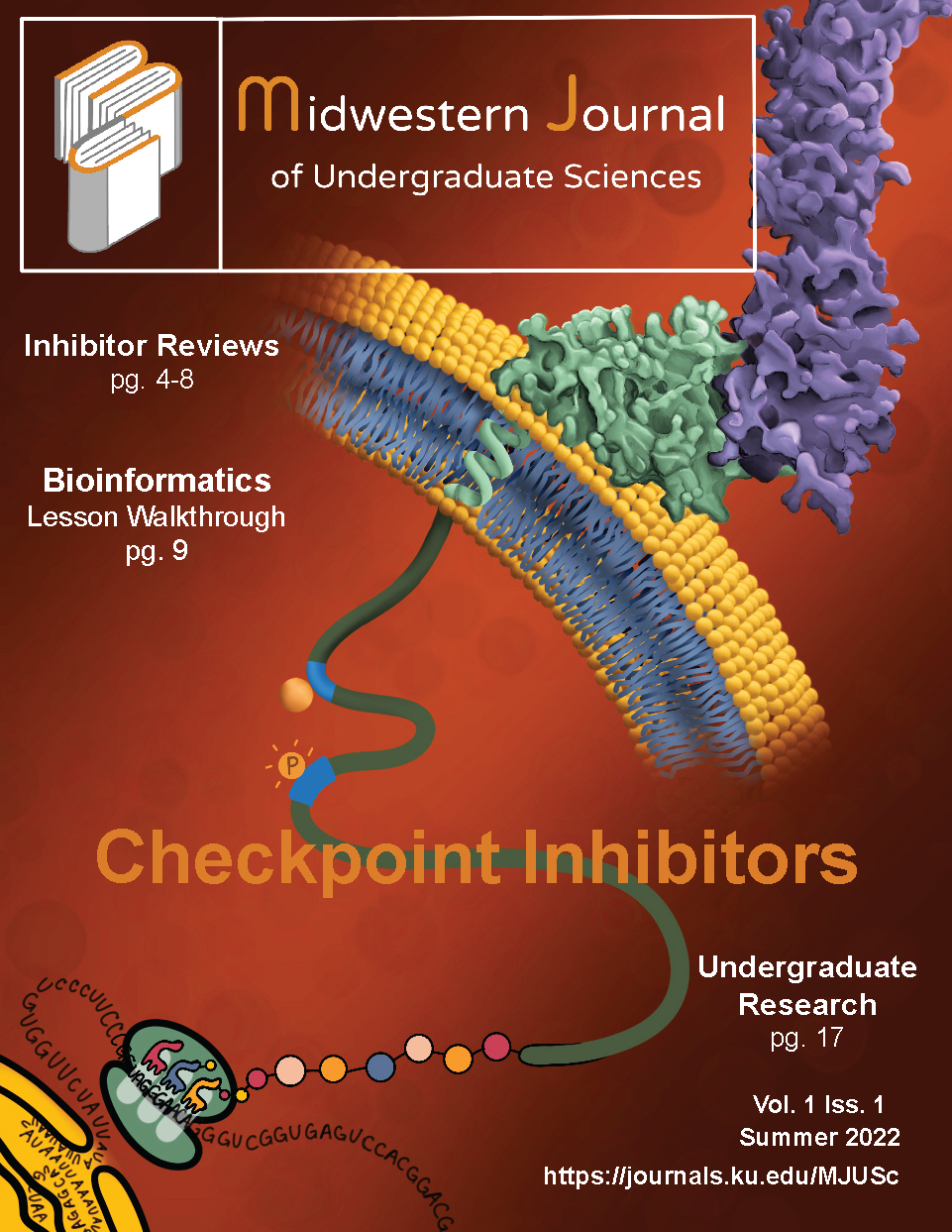Assessing Phenibut’s Inhibition of Glutamate Induced Apoptosis in SHSY5Y cells, an in Vitro Model for Traumatic Brain Injury
DOI:
https://doi.org/10.17161/mjusc.v1i1.18557Palavras-chave:
Penibut, Traumatic Brain InjuryResumo
Glutamate is our body’s primary excitatory neurotransmitter and plays a critical role in neuronal signaling allowing for the perception of the external world and the formation of memories. In excess, glutamate behaves as an excitotoxin that can induce neuronal apoptosis. Evidence exists that during head trauma neuronal cells can be exposed to supraphysiological concentrations
of glutamate causing damage or cell death. Both GABA receptor agonists and voltage-gated calcium channel blockers have been shown to have an attenuating effect on glutamatergic excitotoxicity via antagonistic signaling and inhibition of glutamate release.
Phenibut, a widely available gabapentinoid, possesses both mechanisms of action, making it an appealing candidate as a therapeutic in the treatment of traumatic brain injury.
Downloads
Publicado
Edição
Seção
Licença

Este trabalho está licenciado sob uma licença Creative Commons Attribution-NonCommercial 4.0 International License.
© The Author(s)
This work is licensed under a Creative Commons Attribution-NonCommercial 4.0 International license.

